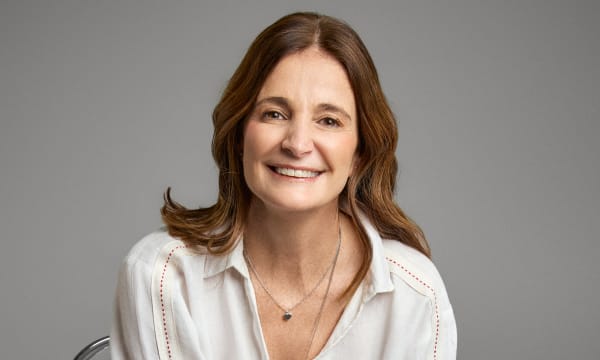Hollywood has made significant steps towards achieving greater diversity and inclusivity in recent years, but now producers and casting directors are breaking new ground in neurodiversity—an area that has historically been overlooked. Increasingly, audiences are recognizing a range of neurological abilities as just another variation of the ‘normal’ human experience. However, until recently, media portrayals of these conditions have been almost non-existent, and frequently inaccurate.
The previous void of neurodiverse onscreen talent reflects a broader workplace trend. Global data shows that unemployment rates for people with autism spectrum disorder (ASD), which according to the CDC now affects about 1 in 54 children, are as high as 85 percent. Casting for the roles of characters with specific conditions has historically bypassed neurodiverse actors in favor of stars such as Tom Hanks in Forrest Gump or Dustin Hoffman in Rain Man. Of the 61 Oscar nominees and 27 winners playing a character with a disability in the history of the Academy Awards, only two were authentically depicted by an actor with a disability, according to an open letter signed by dozens of celebrities asking the entertainment industry to be more inclusive and work towards normalizing physical and neurological disabilities.








